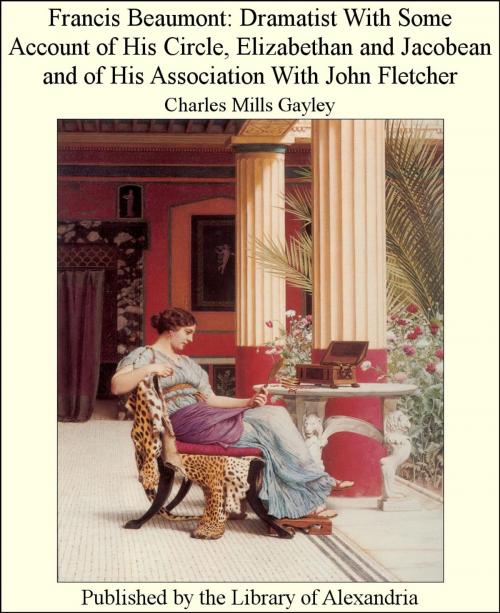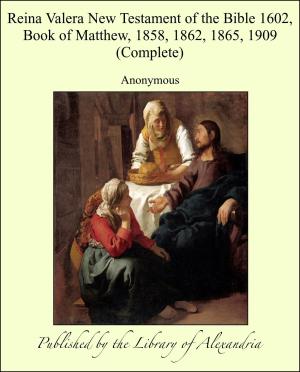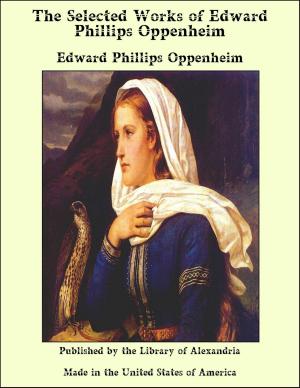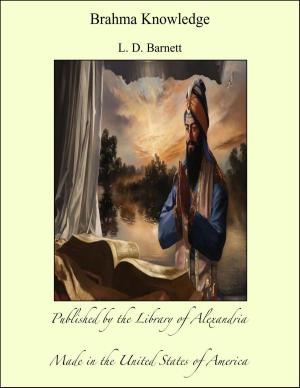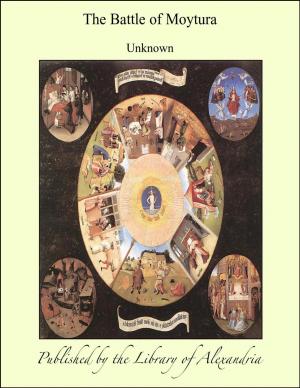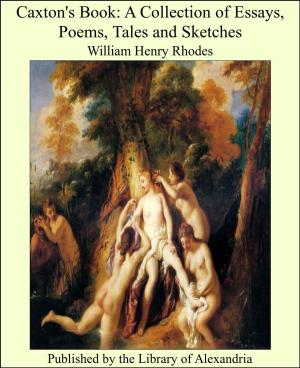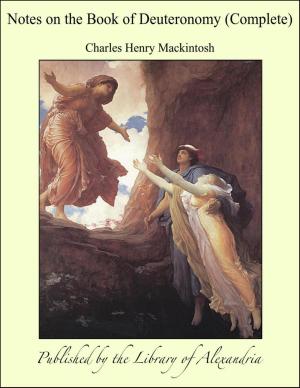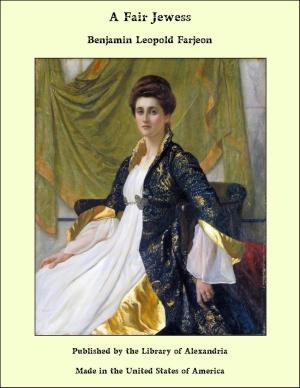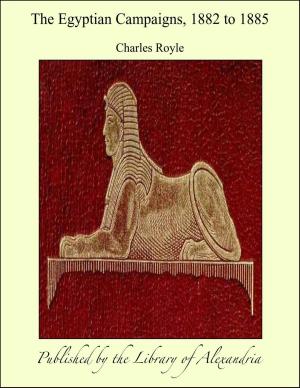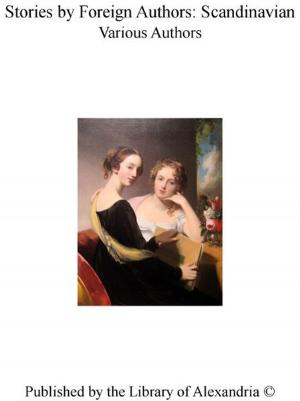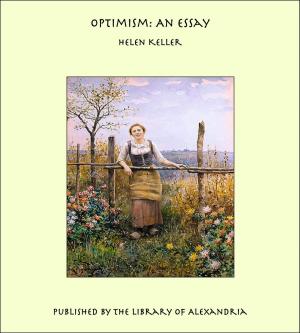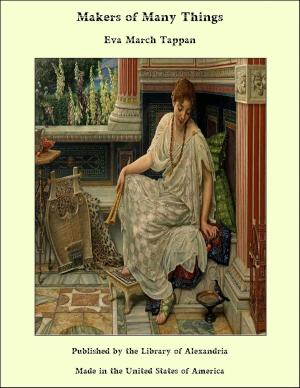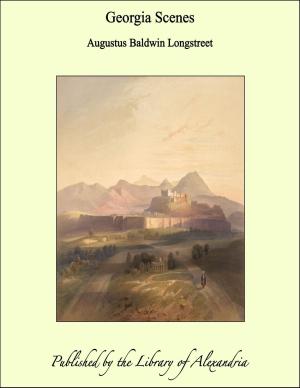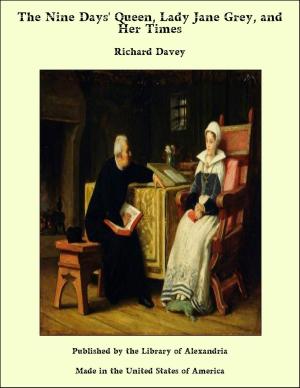Francis Beaumont: Dramatist With Some Account of His Circle, Elizabethan and Jacobean and of His Association With John Fletcher
Nonfiction, Religion & Spirituality, New Age, History, Fiction & Literature| Author: | Charles Mills Gayley | ISBN: | 9781465524003 |
| Publisher: | Library of Alexandria | Publication: | March 8, 2015 |
| Imprint: | Language: | English |
| Author: | Charles Mills Gayley |
| ISBN: | 9781465524003 |
| Publisher: | Library of Alexandria |
| Publication: | March 8, 2015 |
| Imprint: | |
| Language: | English |
Among those of our dramatists who either were contemporaries of Shakespeare or came after him, it would be impossible to name more than three to whom the predilection or the literary judgment of any period of our national life has attempted to assign an equal rank by his side. In the Argo of the Elizabethan drama—as it presents itself to the imagination of our own latter days—Shakespeare's is and must remain the commanding figure. Next to him sit the twin literary heroes, Beaumont and Fletcher, more or less vaguely supposed to be inseparable from one another in their works. The Herculean form of Jonson takes a somewhat disputed precedence among the Other princes; the rest of these are, as a rule, but dimly distinguished." So, with just appreciation, our senior historian of the English drama, to-day, the scholarly Master of Peterhouse. Sir Adolphus Ward himself has, by availing of the inductive processes of the inventive and indefatigable Fleay and his successors in separative criticism, contributed not a little to a discrimination between the respective efforts of the "twin literary heroes" who sit next Jason; and who are "beyond dispute more attractive by the beauty of their creations than any and every one of Shakespeare's fellow-dramatists." But even he doubts whether "the most successful series of endeavours to distinguish Fletcher's hand from Beaumont's is likely to have the Further result of enabling us to distinguish the mind of either from that of his friend."
Among those of our dramatists who either were contemporaries of Shakespeare or came after him, it would be impossible to name more than three to whom the predilection or the literary judgment of any period of our national life has attempted to assign an equal rank by his side. In the Argo of the Elizabethan drama—as it presents itself to the imagination of our own latter days—Shakespeare's is and must remain the commanding figure. Next to him sit the twin literary heroes, Beaumont and Fletcher, more or less vaguely supposed to be inseparable from one another in their works. The Herculean form of Jonson takes a somewhat disputed precedence among the Other princes; the rest of these are, as a rule, but dimly distinguished." So, with just appreciation, our senior historian of the English drama, to-day, the scholarly Master of Peterhouse. Sir Adolphus Ward himself has, by availing of the inductive processes of the inventive and indefatigable Fleay and his successors in separative criticism, contributed not a little to a discrimination between the respective efforts of the "twin literary heroes" who sit next Jason; and who are "beyond dispute more attractive by the beauty of their creations than any and every one of Shakespeare's fellow-dramatists." But even he doubts whether "the most successful series of endeavours to distinguish Fletcher's hand from Beaumont's is likely to have the Further result of enabling us to distinguish the mind of either from that of his friend."
